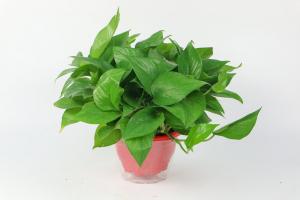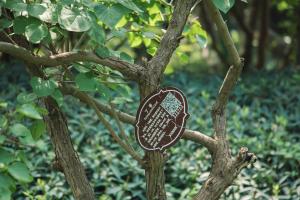Will Water Softened Water Harm House Plants?
Water softening is a process that removes minerals, such as calcium and magnesium, from water. While this process can be beneficial for people, it may not be so beneficial for house plants. So, will water softened water harm house plants? Let's take a closer look.
The Effects of Softened Water on Plants
Softened water may contain high levels of sodium, which can be harmful to many house plants. Sodium can build up in the soil, causing a reduction in beneficial bacteria and fungi. This can lead to poor nutrient absorption and stunted growth. Additionally, high levels of sodium can cause leaf discoloration, leaf burn, and leaf drop.
The Importance of Minerals in Water for Plants
House plants need minerals, such as calcium and magnesium, to grow and thrive. These minerals play important roles in plant growth, including the formation of cell walls, photosynthesis, and the regulation of other important plant processes. When these minerals are removed from water through softening, plants may not receive the nutrients they need to thrive.
Alternative Watering Methods
If you live in an area with hard water and want to avoid the negative effects of softened water on your house plants, there are a few alternative watering methods you can try. One option is to collect rainwater and use it to water your plants. Rainwater is soft and free from harmful minerals, making it an ideal choice for house plants.
Another option is to use tap water that has not been softened. You can do this by installing a separate tap that bypasses your water softening system or by using a water filter that removes harmful minerals but leaves beneficial ones in place.
The Bottom Line
While the process of softening water may be beneficial for people, it can have negative effects on house plants. Softened water can contain high levels of sodium, which can be harmful to plants and lead to poor growth and health. If you want to avoid these negative effects, consider using alternative watering methods, such as collecting rainwater or using tap water that has not been softened.
Ultimately, the decision about whether or not to use softened water on your house plants is up to you. However, it's important to take into account the potential risks and weigh them against the benefits of softening water.

 how many times do yo...
how many times do yo... how many planted tre...
how many planted tre... how many pine trees ...
how many pine trees ... how many pecan trees...
how many pecan trees... how many plants comp...
how many plants comp... how many plants can ...
how many plants can ... how many plants and ...
how many plants and ... how many pepper plan...
how many pepper plan...































